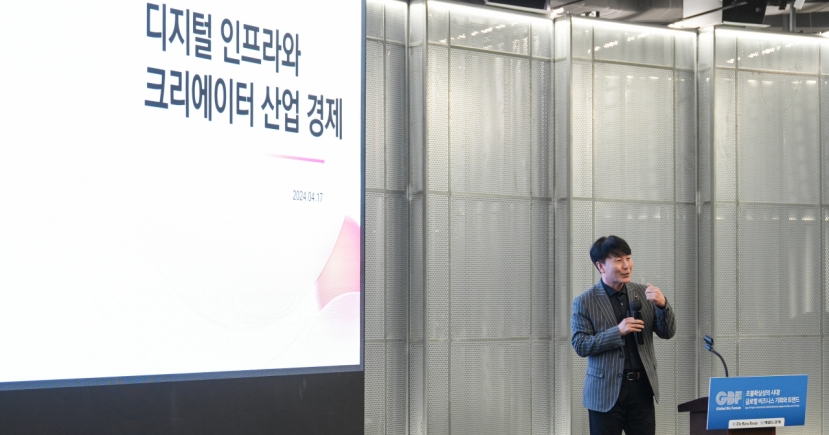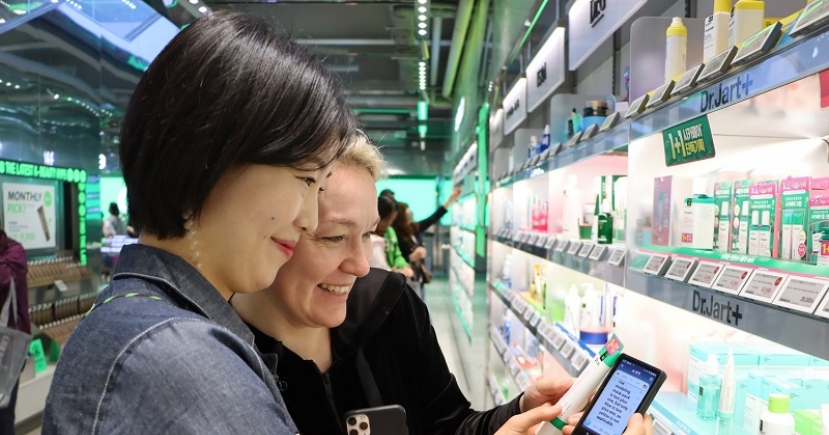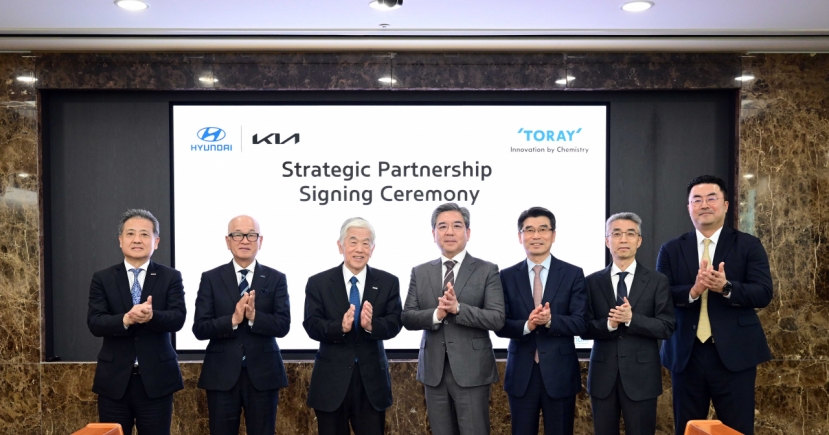Startups
Korea can surpass Israel’s start-up success: Yozma Korea chief
In the early 1990s, Israel’s flagging economy struggled to take on a population influx after the fall of the Soviet Union. With few resources to help pull the country out of the economic doldrums and high unemployment, the conflict-zone country turned to a new growth engine: technology.
Powered by heavy government and foreign investment, Israel has now developed into a “start-up nation” with high-tech industries fueling economic growth since 2000 by building from scratch a healthy ecosystem that is now benchmarked by Korea.
 |
The Yozma Group’s Korea country head Lee Won-jae. (The Yozma Group) |
Lee Won-jae, Korean head of the Yozma Group, says that not only are Korea’s start-up ecosystem conditions the ripest in Asia for the Israeli venture capital firm, but also that it has the potential to surpass Israel’s success in start-up performance.
“Korea can be more successful than Israel because of the size of the market, because of the environment here,” Lee told The Korea Herald, citing the country’s proximity to key markets Japan and China, highly skilled workforce and large population.
“We came to Korea because of its economy. It’s very good for foreign investors. The government is doing so much for them to incubate and accelerate. They give grants for start-ups. ... They are really helping us a lot.”
Lee, a Korean national who grew up in Israel, says Koreans picked up on tech trends like Dial Pad, Cyworld and Pandora TV long before Skype, Facebook and YouTube hit the Western mainstream. But they all failed to expand because of their lack of a global mindset, he points out.
Even today, local innovators are getting far smaller deals than their Western counterparts. Kakao wholly acquired Loc&All, maker of the local hit map navigation app Kim Gisa, for 62.6 billion won ($52 million) earlier this year. But Israel’s Waze, a similar navigation service, was sold to Google for over $1 billion. The only difference was Waze’s global vision from the start, developing the product in English.
To bring Korean start-ups to that level, Yozma wants to foster local talents to have global mindsets so they can reach the U.S., European and Southeast Asian markets in particular.
“We saw there was a lack of technology start-ups and good potential companies, so we wanted to give them a global network and take them outside Korea to go to the world. That is our model,” Lee said.
Yozma, whose fund created in 1993 was among Israel’s earliest, announced in 2014 it would invest 1 trillion won in Korea over the next three years. Lee said its two-pronged approach here is to educate entrepreneurs at the Yozma campus and incubator in Pangyo, Gyeonggi Province, which is slated to open in March, and to form joint ventures between Korean and global start-ups, making the best of their respective strengths.
Still, the local ecosystem has several cracks to mind, he said.
In Israel, Yozma mainly invests from the start-ups’ early stages after incubation and then sells them off. But it must alter its strategy here as Korea’s start-ups struggle to make successful exits ― either through mergers, acquisitions or going public ― due to a lack of mergers and acquisitions opportunities and the arduous years-long process to get listed on the local bourse.
Language barriers also can’t be ignored, Lee said.
“The companies that we’ve invested in, 70 percent of them are not good at English. That is our concern,” he said, adding that Yozma hopes to narrow the gap through global joint ventures based on its experience bridging Israeli and U.S. start-ups.
But Lee finds optimism in the government’s creative economy policies, including the Israeli-style 9:1 government matching fund Tech Incubator Program for Startup and the public-private network of 17 start-up incubators, and the presence of fellow global investors like SoftBank and 500 Startups.
The results will show themselves in time. Fostering a start-up ecosystem from scratch requires patience ― like parenting, he said.
“At the Yozma campus, there is a lot of work to do with the start-ups. It’s a baby, and taking care of a baby is a difficult thing. From A to Z there are lots of (steps) to do, so it takes time.”
For more information, visit yozma.asia.
By Elaine Ramirez (elaine@heraldcorp.com)
 |








